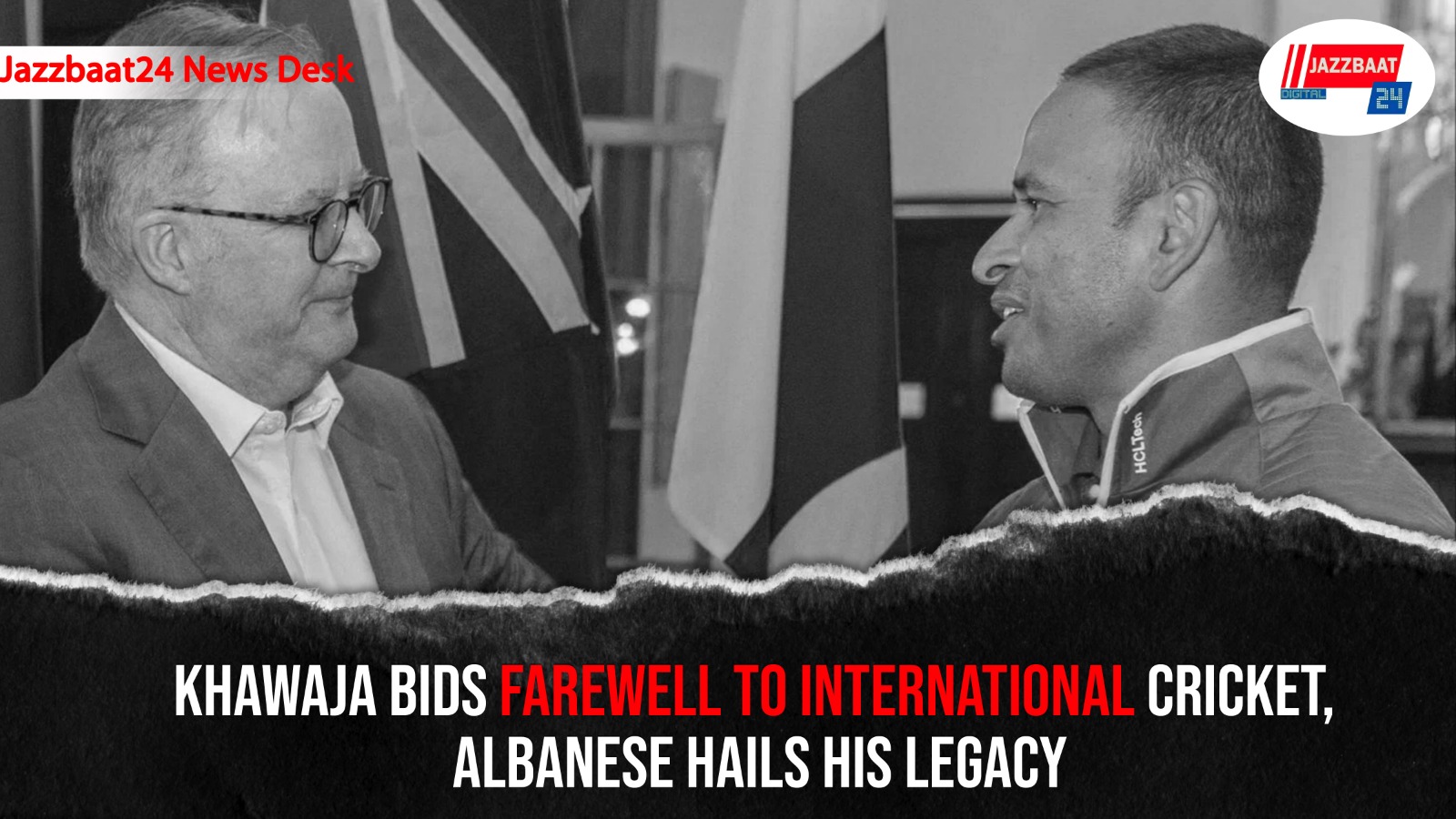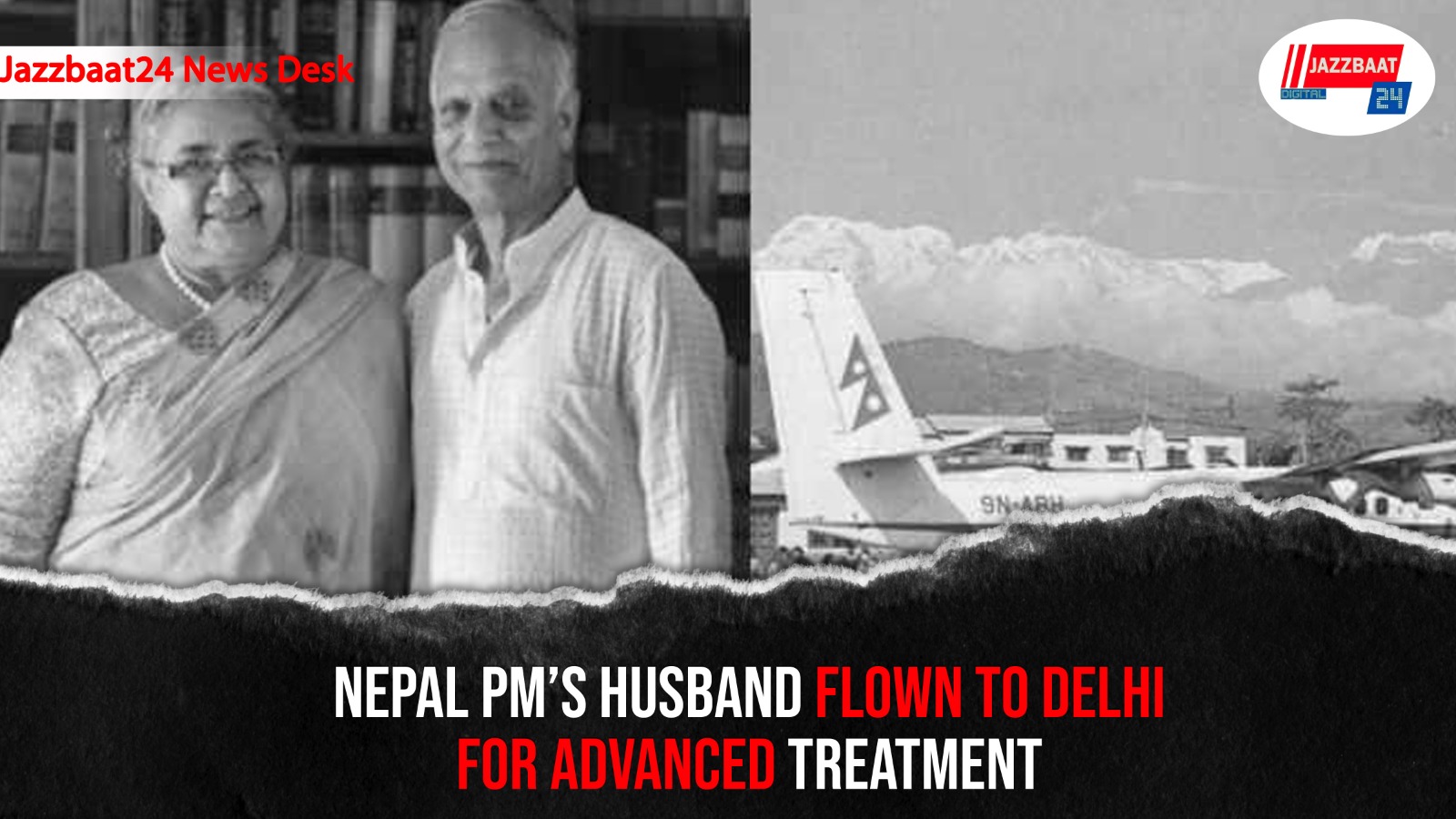Putin’s Apology Sparks Diplomatic Speculation
Russian President Vladimir Putin’s rare public apology to Azerbaijan’s President Ilham Aliyev has stirred debates among political analysts and international observers. The apology follows a tragic plane crash near the Azerbaijani border, which claimed several lives. While the Russian government maintains it was an unfortunate accident, critics argue that the incident underscores Moscow’s fragile handling of regional relations.
The crash involved a Russian military aircraft allegedly crossing into Azerbaijan’s airspace without proper clearance. In response, Aliyev initially issued a strong diplomatic protest, calling the incident a “breach of trust.” Putin’s subsequent apology, delivered via a direct call, was widely viewed as an attempt to de-escalate tensions.
Experts are divided on the implications of Putin’s move. Some see it as a calculated gesture to preserve Russia’s influence in the South Caucasus. Others, however, interpret it as a sign of Moscow’s waning control over its military operations in strategically sensitive regions.
“An apology of this magnitude is unusual for Putin,” said Anna Kuznetsova, a Moscow-based political analyst. “It raises questions about whether Russia is losing its grip in areas it once dominated.”
Meanwhile, Azerbaijan’s response has been cautious. Aliyev acknowledged Putin’s apology but emphasized the need for a transparent investigation into the crash. Local media outlets have amplified calls for stricter airspace monitoring, reflecting public unease over the incident.
The diplomatic fallout from this crash is far from over. With regional alliances already strained, Putin’s apology may not suffice to quell rising skepticism about Russia’s intentions in Azerbaijan and beyond.





